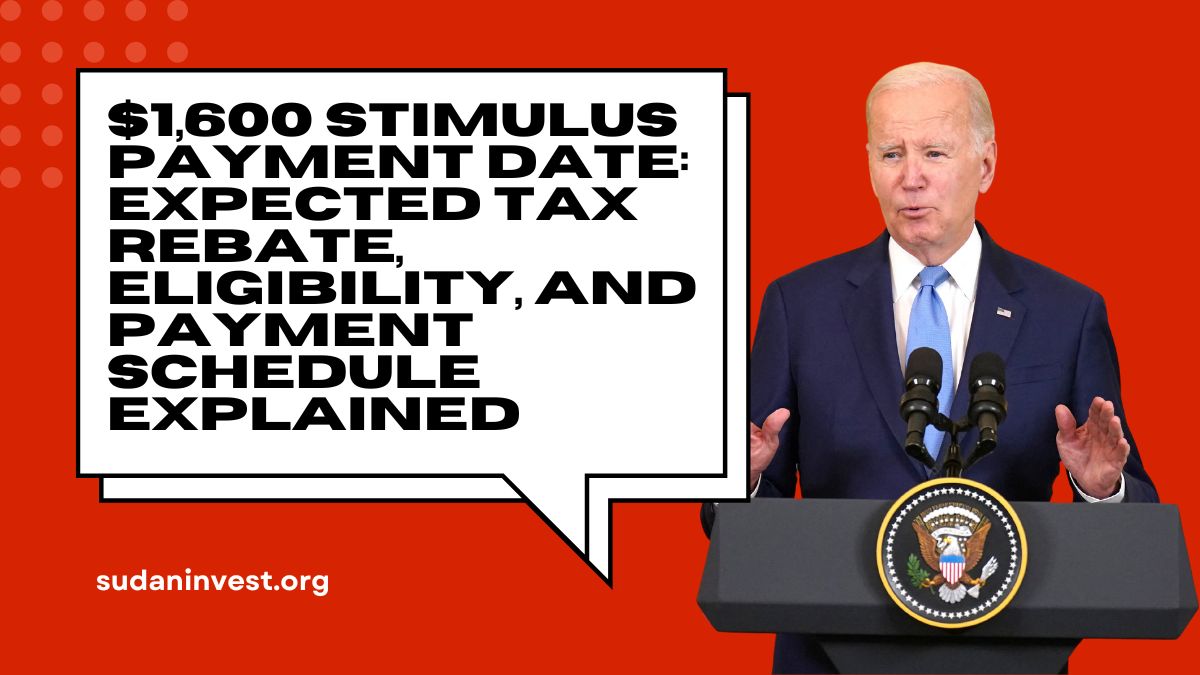As Social Security faces the challenge of potential insolvency by 2034, one proposed solution is raising the full retirement age (FRA) to 69 from its current 67.
This policy shift would have significant implications for both retirees and the program’s long-term sustainability.
While raising the retirement age would reduce benefits for individuals, many experts argue it would not fully resolve Social Security’s financial challenges.
In this article, we will explore what raising the FRA to 69 means, who it affects, and the broader consequences for the Social Security program.
The Full Retirement Age: What Is It and Why Does It Matter?

The full retirement age (FRA) is the age at which workers are eligible to claim their full Social Security benefits. For individuals born in 1960 or later, the current FRA is 67.
Social Security allows retirees to claim benefits as early as age 62, but at a reduced rate, or delay their benefits up to age 70 to receive a higher monthly payment.
The FRA plays a critical role in determining the size of an individual’s monthly Social Security check. Raising the FRA means workers would need to wait longer to receive their full benefits, and those opting for early retirement would face even steeper reductions in their monthly payouts.
Why Raise the Full Retirement Age?
Proponents argue that raising the retirement age would help reduce the financial strain on Social Security, a program that has long been forecasted to run out of funds by 2034 if no changes are made.
With Americans living longer than when Social Security was first introduced in the 1930s, raising the FRA is seen as a way to adapt to increased life expectancy and help extend the solvency of the program.
However, experts warn that this measure alone is unlikely to save Social Security. The Congressional Budget Office (CBO) has found that while raising the FRA would reduce Social Security spending by cutting lifetime benefits, it wouldn’t completely fix the program’s looming shortfall.
How Would Raising the FRA to 69 Affect Benefits?
If the full retirement age is raised to 69, retirees would experience a substantial reduction in lifetime benefits. The impact is especially severe for those who choose to retire early.
Under the current rules, retiring at age 62 results in a 30% reduction in benefits. If the FRA is raised to 69, this reduction would increase to nearly 39%, meaning early retirees would lose an even larger portion of their benefits.
According to the CBO, starting the implementation with workers born in 1965 and phasing in the change would result in decreased Social Security outlays but would still leave the program financially unstable.
Who Would Be Affected the Most?
- Lower-income workers: These workers typically rely more heavily on Social Security and often retire earlier due to physically demanding jobs. They would face steeper benefit reductions if they retired before the new FRA.
- People with shorter life expectancies: Individuals from lower socioeconomic backgrounds or with health issues often do not live as long as higher-income individuals, meaning they would receive fewer total benefits if forced to wait longer to retire.
- Women: Women, who often earn less over their lifetimes due to time out of the workforce for caregiving, would see a sharper reduction in benefits because they are more likely to retire early.
| Age at Claiming | Current FRA (67) | Proposed FRA (69) | Reduction in Benefits (if claimed at age 62) |
|---|---|---|---|
| FRA | Full benefits at 67 | Full benefits at 69 | N/A |
| Age 62 | 30% reduction | 39% reduction | Greater benefit loss for early retirees |
| Age 70 | 24% bonus | 24% bonus | Same incentive for delayed retirement |
The Financial Impact on Social Security

The proposal to raise the FRA to 69 would undoubtedly save some money for the Social Security program, but it would not be sufficient to stave off the program’s insolvency.
The Social Security Administration (SSA) has reported that the program will be unable to pay full benefits starting in 2034 without additional reforms. While raising the FRA would reduce costs, the savings are not enough to cover the entire deficit.
Conclusion
While raising the full retirement age to 69 may seem like a viable solution to improve Social Security’s finances, it comes at the cost of reduced benefits for millions of Americans.
The policy would hit lower-income workers, women, and those with shorter life expectancies the hardest, while doing little to address the program’s long-term financial issues.
Comprehensive reforms that include adjustments to payroll taxes, benefit calculations, and potentially other measures are necessary to ensure Social Security’s solvency for future generations.
FAQs
1. Why is the retirement age being raised?
Raising the FRA is being considered to address the financial challenges facing Social Security as Americans live longer. The goal is to reduce the program’s expenditures by delaying when retirees can access full benefits.
2. How much would my benefits be reduced if I retire at age 62 under the new FRA of 69?
If the FRA is raised to 69, retiring at age 62 would result in a 39% reduction in benefits, compared to the current 30% reduction.
3. Will raising the FRA to 69 save Social Security from running out of money?
No, raising the FRA would help reduce some of the financial pressure on Social Security, but it would not be enough to completely resolve the program’s projected insolvency.
4. Who would be most affected by the increase in the FRA?
Lower-income workers, people with shorter life expectancies, and women would be most affected by the reduction in benefits due to the increased FRA.
5. Can I still retire early if the FRA is raised?
Yes, you can still retire as early as age 62, but your monthly benefits will be significantly reduced if you claim them before reaching the new FRA.
References
- Congressional Budget Office (2024). “What Raising the Retirement Age to 69 Would Do to Social Security.”
- Social Security Administration. “Social Security Retirement Benefits Overview.”
- ThinkAdvisor (2024). “What Raising the Retirement Age to 69 Would Do to Social Security.”
- Morningstar (2024). “Raising the Full Retirement Age to 69: The Impact on Social Security.”
















